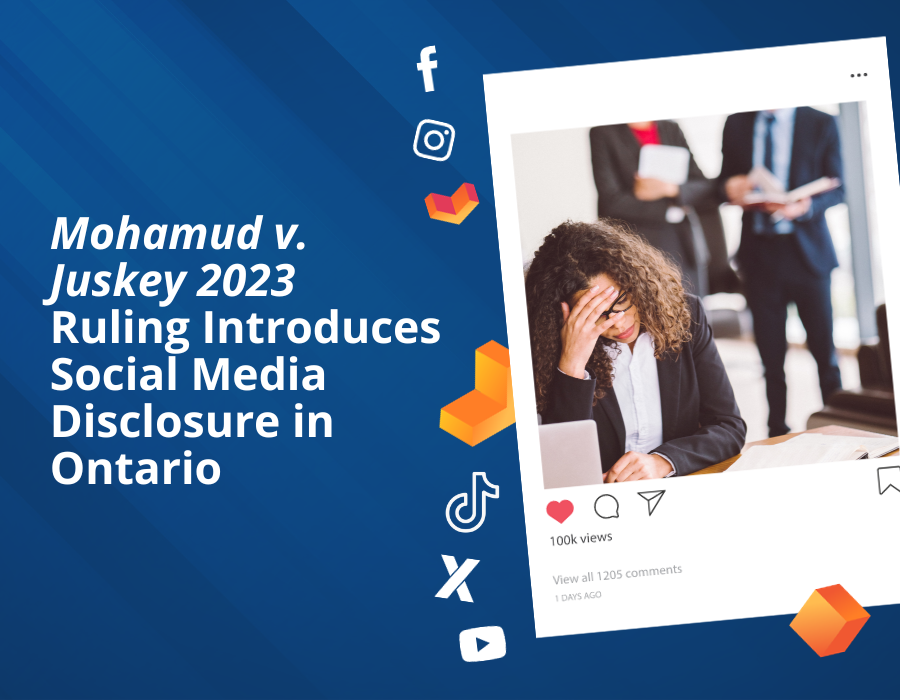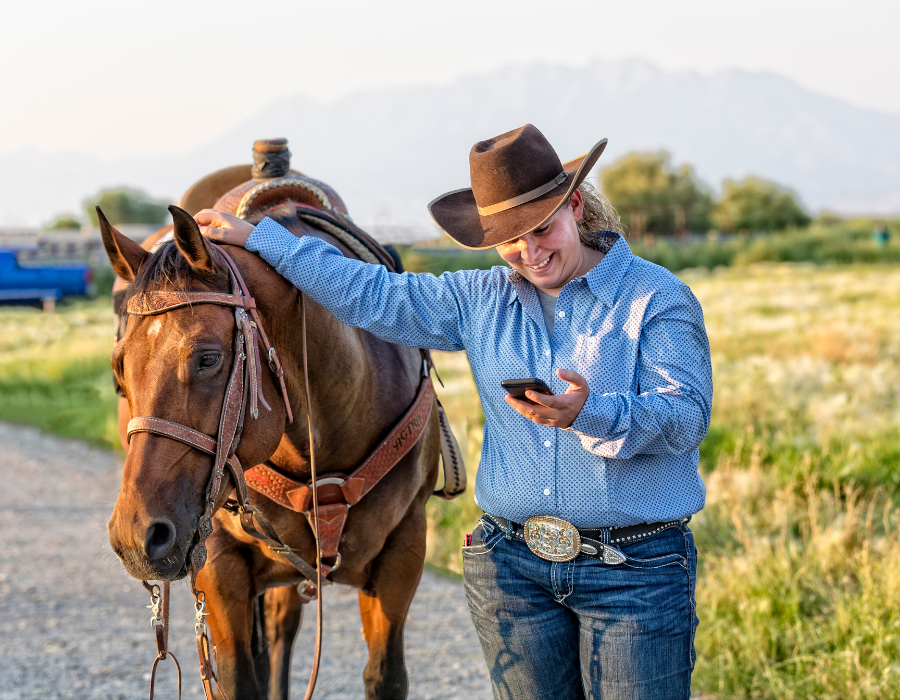 Case Name: Goltz v. United Servs. Auto. Ass’n
Case Name: Goltz v. United Servs. Auto. Ass’n
Citation: 2023 Fla. Cir. LEXIS 2950 (Fla. 1st Cir. Ct. March 23, 2023)
Judge: Honorable Jan Shackelford
Court and County: In the Circuit Court, First Judicial Circuit, in and for Escambia County, Florida
Time to Comply with Social Media Disclosure Order: 10 days
Facts
In a Florida personal injury case, the court reviewed the plaintiff’s social media data to determine its relevance to the claims. The judge conducted an in-camera review (a private examination of the plaintiff’s Facebook data) to assess whether it could lead to admissible evidence.
Ruling
The court determined that the plaintiff’s Facebook profile details and list of hobbies were relevant to the case and ordered their disclosure. The plaintiff was given 10 days to comply with the order.
Key Takeaways
- In Florida, courts may conduct in-camera reviews to assess the relevance of social media evidence before ordering disclosure.
- Social media profile details and hobby lists can be subject to discovery if they pertain to personal injury claims.
- Courts may compel social media disclosure when they find the information could provide evidence relevant to the plaintiff’s claims.
Final Thoughts
This Florida decision in Goltz v. United Servs. Auto. Ass’n underscores that social media data, including hobbies and profile details, may be discoverable in personal injury cases. Plaintiff attorneys must assess their clients’ online presence and be prepared to argue privacy concerns while acknowledging that courts may order disclosure when the content is relevant. Understanding how courts approach in-camera reviews can help attorneys craft stronger discovery strategies.
Private Footprint Keeps You in the Know
Your clients’ social media activity may be a goldmine or a minefield. Private Footprint was developed by Personal Injury Lawyers to help plaintiff-only law firms avoid the Discovery/Deposition Surprise. It gives firms immediate and ongoing visibility into their clients’ social media activity to protect and increase the value of their files. We’re also enabling paralegals and legal assistants to produce client social media reports in minutes, not hours. All this for only $100 per client (plus taxes), invoiced as individual receipts itemized for ease of tracking disbursements. No hidden fees, no subscriptions, no surprises.
Request a Demo to learn more about Private Footprint and how you can start protecting the value of your files.



































